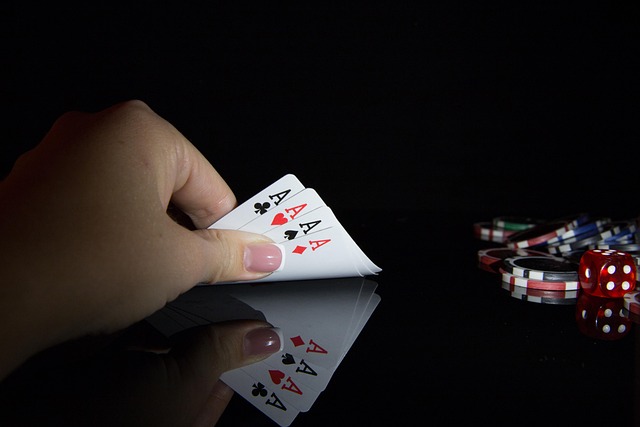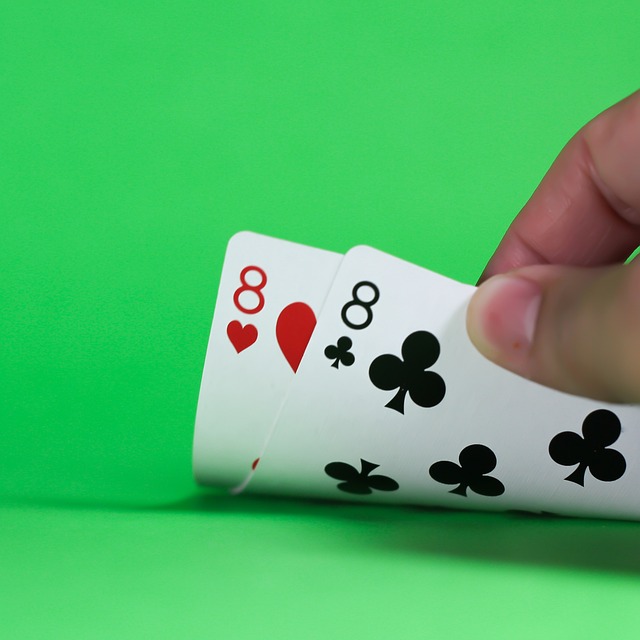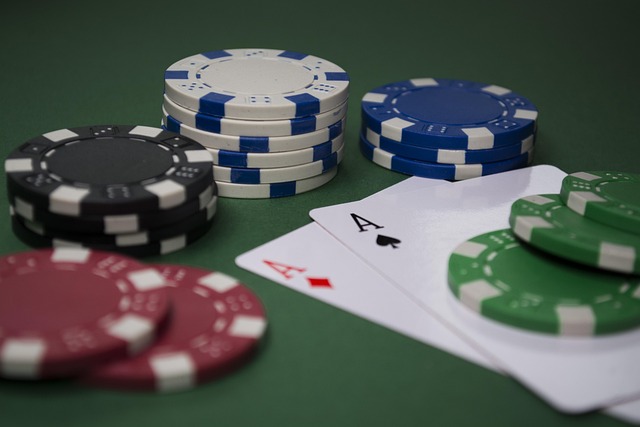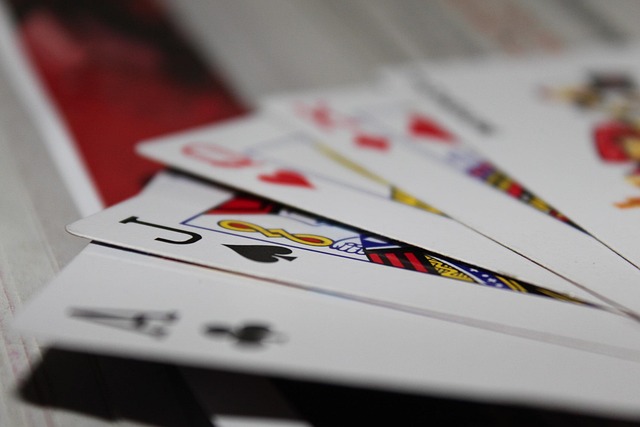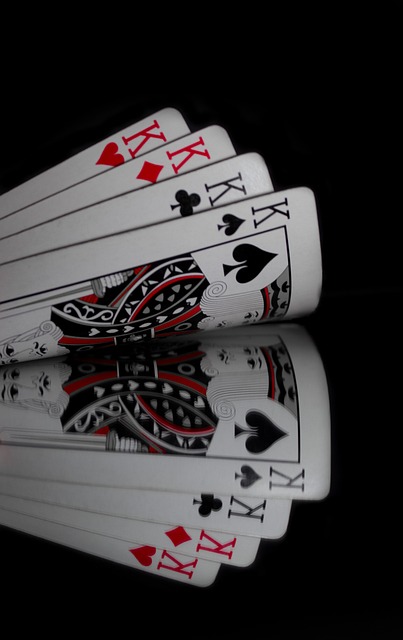Blackjack, evolving from 18th-century Europe as "Twenty-One" among aristocrats, became a global casino favorite in the 19th century. Its modern form, played against a dealer to reach 21 without exceeding it, solidified in New Orleans casinos. Through centuries of refinement and variations like Spanish 21, Blackjack has gained widespread appeal, transcending borders as both a land-based and online casino staple. Advanced strategies and global accessibility attract diverse players, cementing Blackjack's status as a timeless, premier casino game.
Blackjack, a captivating card game that has enthralled players worldwide, boasts an intriguing history spanning centuries. This article explores the origins and early versions of blackjack, its global evolution from casino floors to popular culture, and the modern era’s rules, strategies, and impact on the gaming industry. Uncover the transformation of this classic game and its enduring allure in today’s dynamic market. Discover the rich tapestry of blackjack—a true testament to gaming’s timeless appeal.
- Origins and Early Versions of Blackjack
- Evolution and Globalization: From Casinos to Popular Culture
- The Modern Era: Rules, Strategy, and the Impact on Gaming Industry
Origins and Early Versions of Blackjack
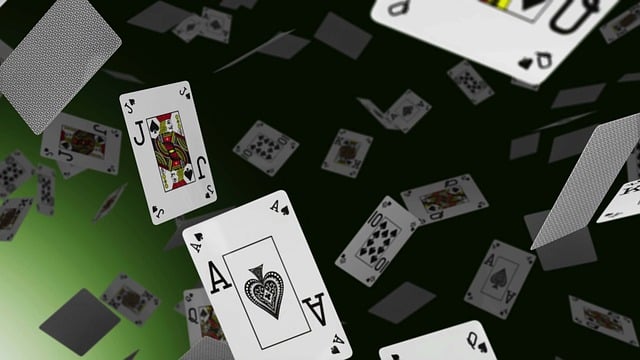
Blackjack, one of the world’s most popular card games, has a rich and intriguing history that dates back centuries. Its origins can be traced to a game known as “Twenty-One” in 17th-century France, where it was played among aristocrats. This early version was a simple game of comparing card values, with the objective being to reach 21 without going over. Over time, the game evolved and spread across Europe, gaining popularity among various social classes.
In the 19th century, Blackjack made its way to America, where it underwent further modifications. The introduction of the “house” or dealer in modern Blackjack can be attributed to a casino in New Orleans around 1800. This evolution led to the game as we know it today, with players competing against a dealer and trying to get closer to 21 without letting their hand exceed this value. The simplicity and strategic elements of Blackjack made it an instant hit, ensuring its place as one of the most enduring casino games globally.
Evolution and Globalization: From Casinos to Popular Culture
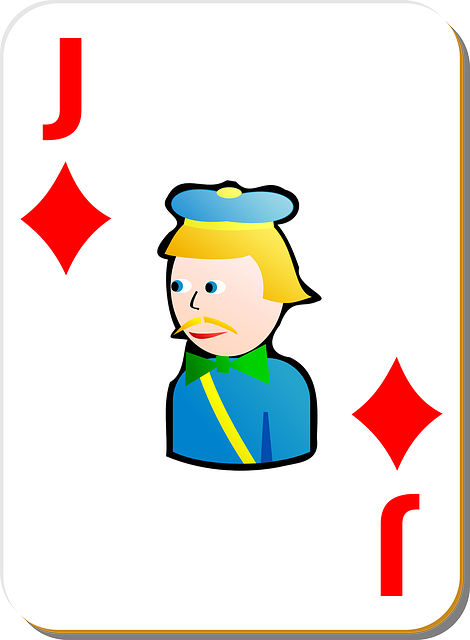
The evolution of blackjack, from its humble beginnings in 18th-century Europe, reflects a global journey that has transformed it into a staple of popular culture. Originally known as “Twenty-One,” the game’s early versions were played among aristocrats, where skill and strategy intertwined with luck. Over time, blackjack spread across continents, adopting various forms and adapting to local preferences. This globalization accelerated during the 20th century with the rise of casinos, particularly in the United States, where it gained immense popularity as a table game in gambling halls.
The integration of technology further fueled blackjack’s global reach. The introduction of online casinos brought the thrill of the game to countless homes worldwide, making it accessible to a broader audience. Today, blackjack is not just a casino favorite but a cultural phenomenon, featured in movies, TV shows, and literature, solidifying its place as a timeless and captivating game enjoyed across borders.
The Modern Era: Rules, Strategy, and the Impact on Gaming Industry

In the modern era, blackjack has evolved from a simple card game into a global phenomenon within the gaming industry. The rules have been refined and standardized, making it easier for players worldwide to access and enjoy. Key changes include the introduction of multiple decks, allowing for faster gameplay, and variations like Spanish 21, which added new strategies and appeal.
The strategic depth of blackjack has also increased significantly. Players now employ sophisticated techniques such as basic strategy charts, card counting systems, and advanced betting strategies to gain an edge over the house. This shift towards skill-based gaming has attracted a new demographic of players, further solidifying blackjack’s position as a premier casino game. The impact on the industry is evident, with blackjack tables being ubiquitous in land-based casinos and online platforms alike, catering to millions of enthusiasts worldwide.
Blackjack, with its rich history spanning centuries, has evolved from a simple card game to a global phenomenon. From its humble beginnings in 17th-century Europe to its modern-day digital adaptions, blackjack has captivated players worldwide. The game’s unique blend of strategy and luck, coupled with its diverse versions, has ensured its enduring popularity. As we’ve explored, understanding the origins, evolution, and current state of blackjack provides a deeper appreciation for this classic game, solidifying its place as a cornerstone in the gaming industry.


